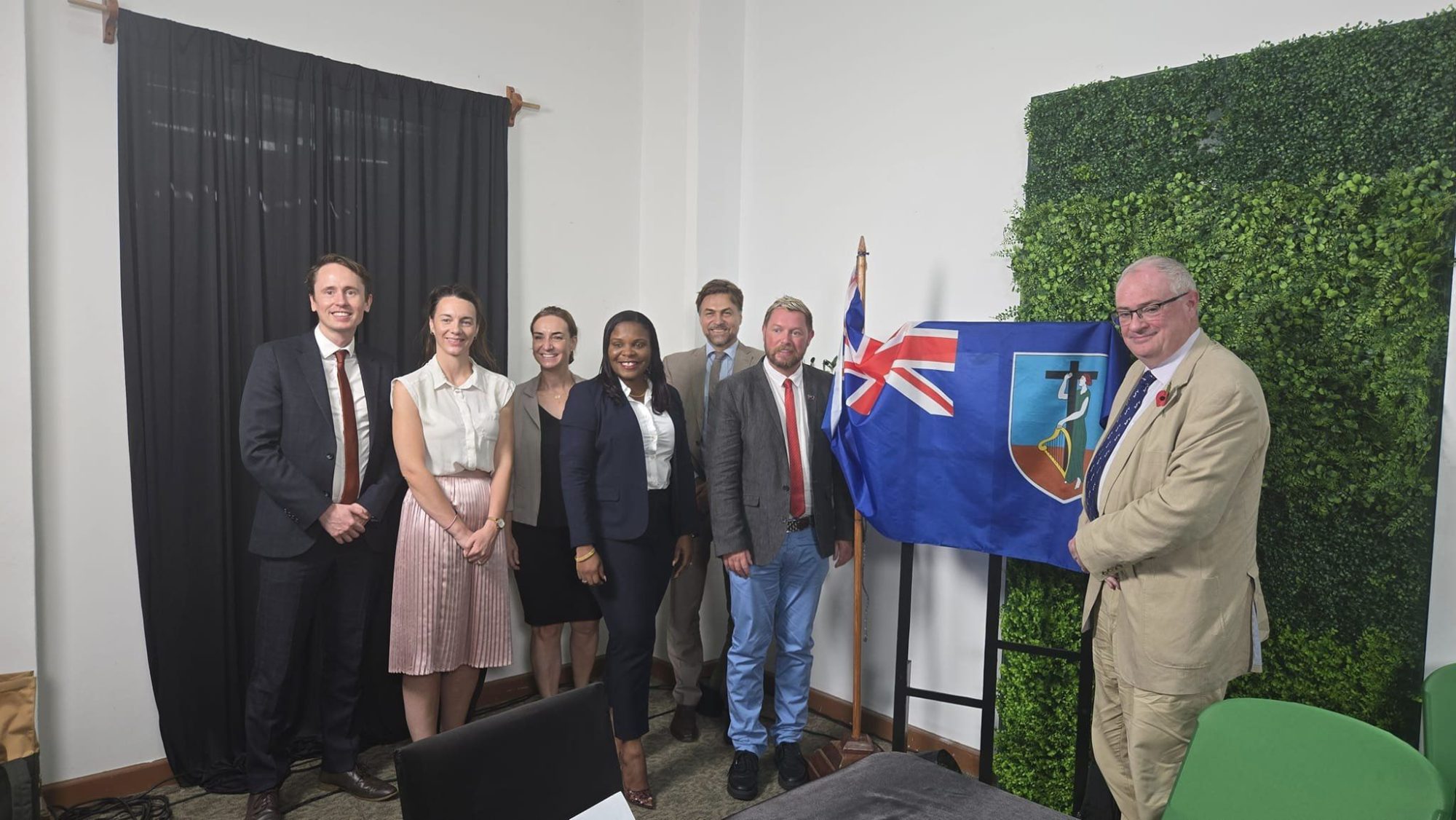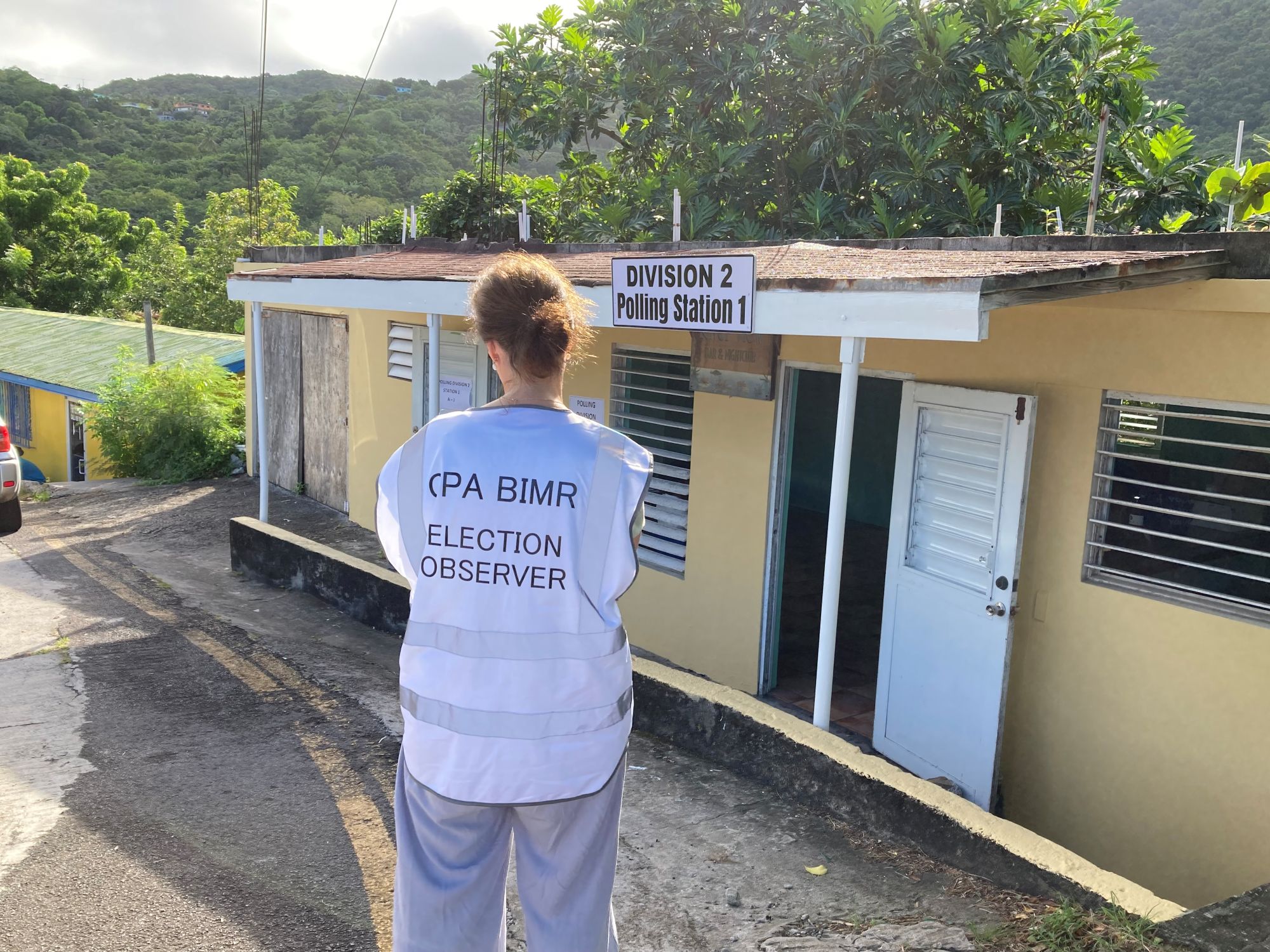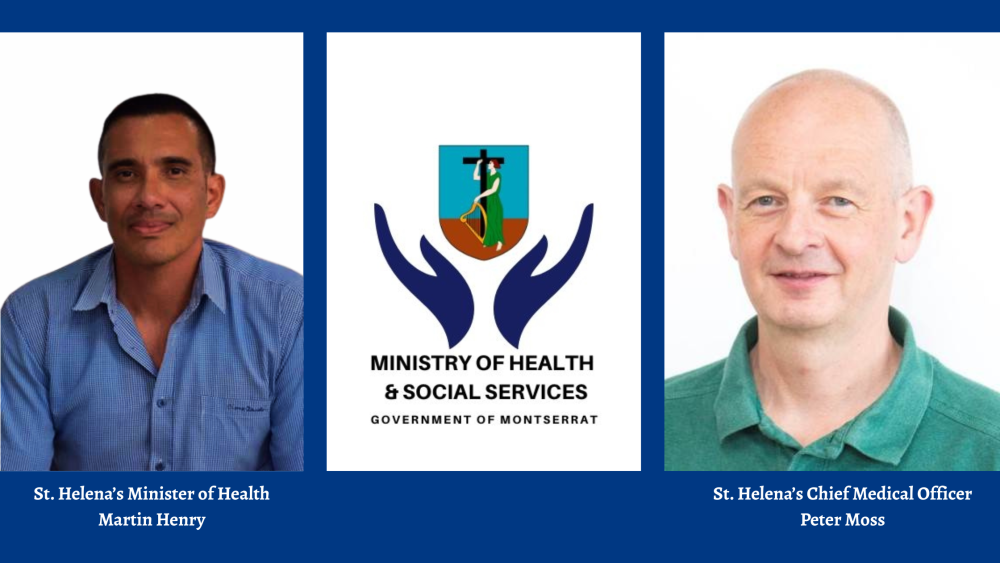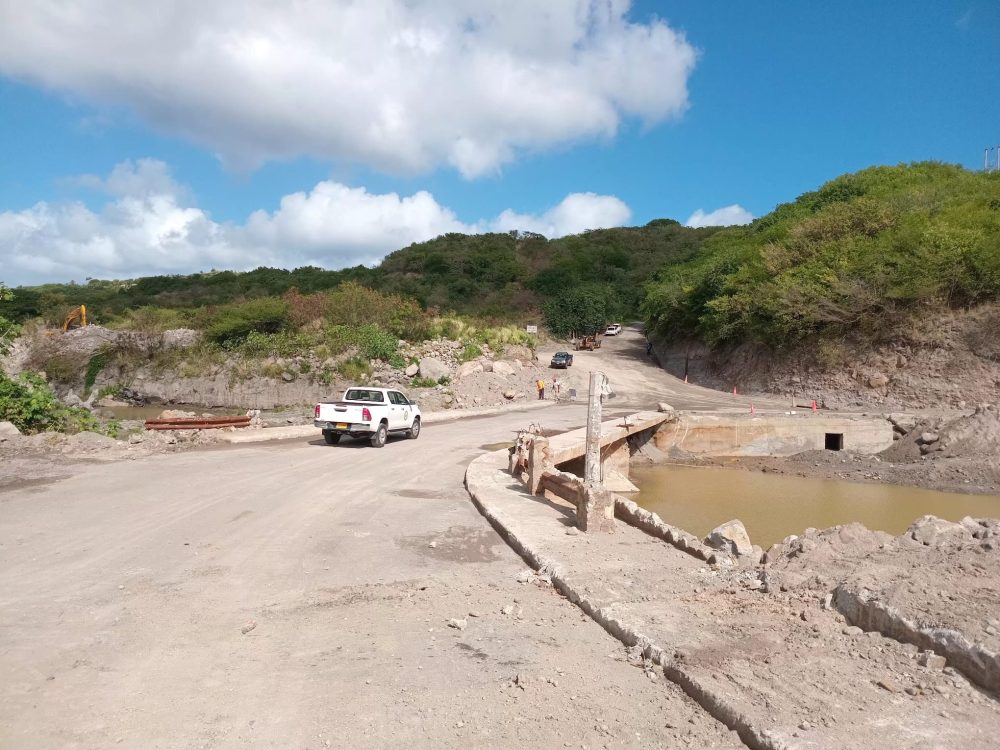During a press conference aired via ZJB Radio Montserrat on Wednesday, January 15, the Commonwealth Parliamentary Association British Islands and Mediterranean Region (CPA BIMR) shared key findings and recommendations from its observation of Montserrat’s October 2024 general elections. The recommendations aim to enhance the legal, procedural, and organisational foundations of Montserrat’s electoral system to align more closely with international standards.
The mission was composed of seven observers, including three Commonwealth parliamentarians, as follows:
• Head of Mission: Hon. Shellya Rogers-Webster MHA (Anguilla)
• Deputy Head of Mission: Jamie Greene MSP (Scotland)
• Short-Term Observer: Steve Aiken MLA (Northern Ireland)
• Election Analyst: Merce Castells (Spain)
• Election Analyst: Armin Rabitsch (Austria)
• Election Coordinator: Martin Vickery (UK)
• Election Administrator: Nicky Davis (UK)
This is the third time CPA BIMR has observed general elections in Montserrat, with previous missions in 2014 and 2019.
Head of Mission, Hon. Shellya Rogers-Webster, highlighted several critical areas, beginning with constitutional issues underpinning the democratic process.

Constitutional Issues
“It’s reassuring to see that Montserrat’s legal framework provides an adequate basis for democratic elections. But to further support this, we recommend a number of changes to fully align with international standards. There are international standard treaties that set out international standards relating to elections. Three of these treaties have not been extended to Montserrat,” she stated.
“Firstly, the United Nations Convention Against Corruption (UNCAC). Secondly, the Convention on the Elimination of All Forms of Discrimination Against Women (CEDAW). And thirdly, the Convention on Human Rights of Persons with Disabilities (CRPD). We recommend that these international treaties are extended to Montserrat to align the territory’s legal obligations more closely with global standards. These standards are to do with anti-corruption measures, gender equality and the rights of persons with disabilities in political participation when it comes to democratic elections,” continued Rogers-Webster.
“There are a lot of benefits from extending them to Montserrat. One, of course, goes to credibility and trust in the system, but also after you are part of those treaties, there are some progressive reports, reviews on how the implementation is progressing. And actually, the territory can also request assistance as to how to implement them. Everything is about the benefits and again, it’s credibility. You are part of the world and those are treaties that most of the countries are signatory to. So I’m not sure why it didn’t happen in the past, but it’s important that it happens now,” added Merce Castells.
The Electoral Commission and Electoral Procedures
“We recommend that there is a comprehensive review and reform of Montserrat’s electoral legislation,” stated the head of mission.
“The mission felt the 2024 elections were lively, competitive, and peaceful, with voter turnout increasing to 67.5%. The current bloc voting system was well-understood, but certain procedural improvements were suggested, such as extending the nomination period and updating recount guidelines. The absence of campaign finance laws and public debates between candidates were noted as significant gaps in promoting a fair electoral process.
“The current Electoral Commission was appointed in May of 2023 and therefore prepared for this general election in a relatively short timeframe and adapted to new legal changes, a challenge that was successfully overcome with the urgent reprinting of ballot papers just days before the election. We recommend that certain electoral procedures are reviewed and updated, including guidance on how a recount will take place if the need arose and how a runoff election will be carried out if it was needed. The time period between nominations day and election day is particularly short, particularly if there are any disputes to be resolved and this may benefit from being extended.
“In polling stations on election day, procedures could allow for a greater portion of the polling station tasks to be done by poll clerks and not only the presiding officer. Another area of our mission considered concerns about the eligibility criteria to vote. This is laid out in the Elections Act and one of the criteria uses the term domiciled and resident. However, these terms are not defined in law. There would be value in clarifying these terms in law to ensure a common understanding of voter eligibility and a consistent application of the right to vote,” the team noted.
Ban on Prisoners Voting
Currently, there is a ban on voting for prisoners serving sentences over 12 months. International standards discourage blanket bans. Instead, the suspension of voting rights for prisoners should be considered on a case-by-case basis.
Voter Registration
“To vote in Montserrat, one must be on the voter register. In 2023, the five-yearly voter enumeration exercise took place where officials went door-to-door on the island, followed by a period of continuous registration. The governor proclaimed a final voter list of 3,464 voters registered. The officials reportedly set out to this task with a conscientious and committed approach, yet it is a considerable administrative exercise.
“We recommend reviewing this process, including looking at measures that would put in place and verify the accuracy of the register. We recommend there should be a procedure to officially inform persons that they have been removed from the voter register.
Candidate Eligibility
“A number of stakeholders discussed with our mission the eligibility criteria to stand as a candidate.
“The candidate eligibility criteria may not be fully in line with international principles. There is currently a distinction in the Constitution between those who are Montserratian by birth and those who are naturalised as Montserratians. This seems to go against the principle of non-discrimination as outlined in the International Covenant on Civil and Political Rights.
“Candidates who are dual nationals are currently required to renounce their citizenship if standing as a candidate. There were a variety of interpretations of this requirement, and we recommend that this is reviewed and clarified to ensure it does not impose unreasonable restrictions on prospective candidates.
Public Servants in Elections
“Similarly, as we understand the restrictions on civil servants standing for office is there to protect the impartiality of the civil service, particularly given the number of persons employed by the government of Montserrat, we recommend this is reviewed to ensure it is not overly restrictive.
“There is no effective mechanism currently in place to verify that all candidates meet the requirements to stand for office. There should be clear mechanisms in place to check those being nominated as candidates are eligible to stand. The roles and responsibilities of those involved in the process should be clear,” the official noted.
Political Debates and Campaign Financing
“We were informed that no public debates between political parties or candidates were broadcast. The campaign is unregulated with no clear start date and no code of conduct for candidates to adhere to.
“There are no laws regarding campaign finance and there is no mention of political parties in Montserrat electoral laws. This is a significant gap in the legislation covering elections. Political parties and candidates could potentially accept unlimited and undisclosed donations, including foreign contributions. Campaign finance regulations would promote transparency and accountability in the electoral process. We recommend that legislation is considered to require political parties and candidates to disclose donations and expenditure in a timely manner, including all foreign donations, to restrict anonymous contributions and to entrust an independent body to oversee compliance.”
Hon. Shellya Rogers-Webster commended the Electoral Commission for its efforts under a tight timeline and acknowledged the diverse slate of candidates, including a record 15 women. However, she stressed the need for measures to ensure inclusive and transparent elections.
Read the full report here.
Discover more from Discover Montserrat
Subscribe to get the latest posts sent to your email.




